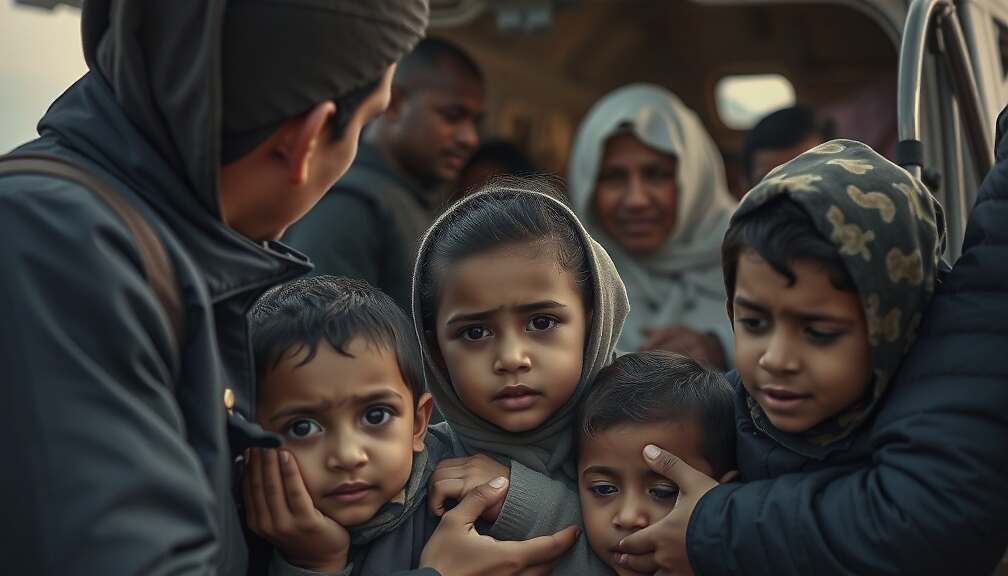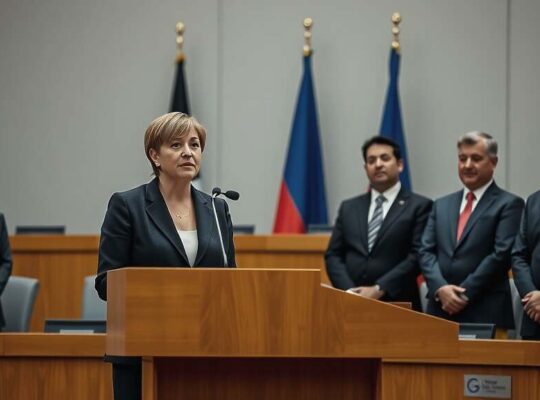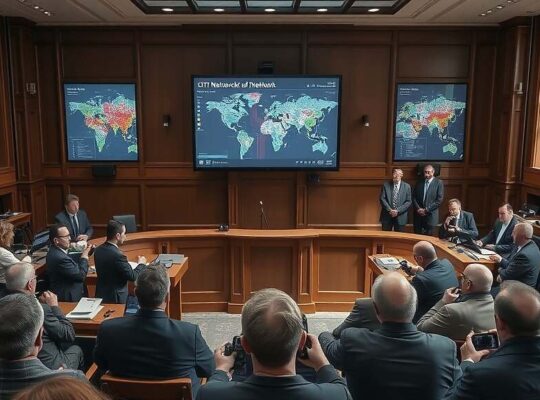Aid organizations have welcomed the willingness of numerous German cities to receive injured and traumatized children from both the Gaza Strip and Israel, while simultaneously urging the federal government to increase its efforts to alleviate suffering on the ground.
“The situation in Gaza is catastrophic” stated Lara Dovifat, head of the political department at Médecins Sans Frontières (Doctors Without Borders), in comments to the Redaktionsnetzwerk Deutschland (RND) publishing group. “We are seeing that evacuations are possible, including to European countries. Germany’s neighbors have taken the lead. It is time for the federal government to become actively involved and fulfill its responsibility.
Dovifat emphasized the need for the federal government to enhance medical access within Gaza. She added that Germany could also assist by accepting severely injured and ill individuals from the Gaza Strip.
Tsafrir Cohen, Managing Director of Medico International, underscored the paramount importance of humanitarian aid. “If assistance is not possible on-site, support from abroad is needed” he stated. Cohen criticized the federal government’s continued reluctance to accept individuals needing medical care, describing it as a lack of empathy for the plight of Palestinians.
Cohen directed criticism towards Israel, but also toward the German federal government. “However, it is the systematic destruction of healthcare and all other living conditions by the Israeli army that prevents adequate aid on the ground” he explained. “Germany bears a share of the responsibility for this. It is our political and moral responsibility to advocate for livable conditions in Gaza.
Cohen called for a “genuine political reversal” from the federal government, welcoming the halt to arms exports to Israel initiated by parliamentary group leader Friedrich Merz. He suggested further measures, such as suspending the EU Association Agreement with Israel, should Israeli Prime Minister Benjamin Netanyahu remain unaffected by the decision.
Recent analysis from the Integrated Food Security Phase Classification (IPC) in May projected that the entire population of the Gaza Strip would face high acute food insecurity (IPC Phase 3 or higher) by September. According to the assessment, half a million people would be facing a catastrophic situation – IPC Phase 5 – characterized by “extreme food shortages, hunger, destitution and death”. The report indicated that over 70,000 children under five and 17,000 pregnant and breastfeeding women would be acutely malnourished.
The situation has deteriorated significantly since the May assessment. Experts currently estimate that at least 500 aid trucks are needed daily for Gaza. However, due to Israeli restrictions, only around 70 trucks have reached the population in Gaza each day in recent weeks.












